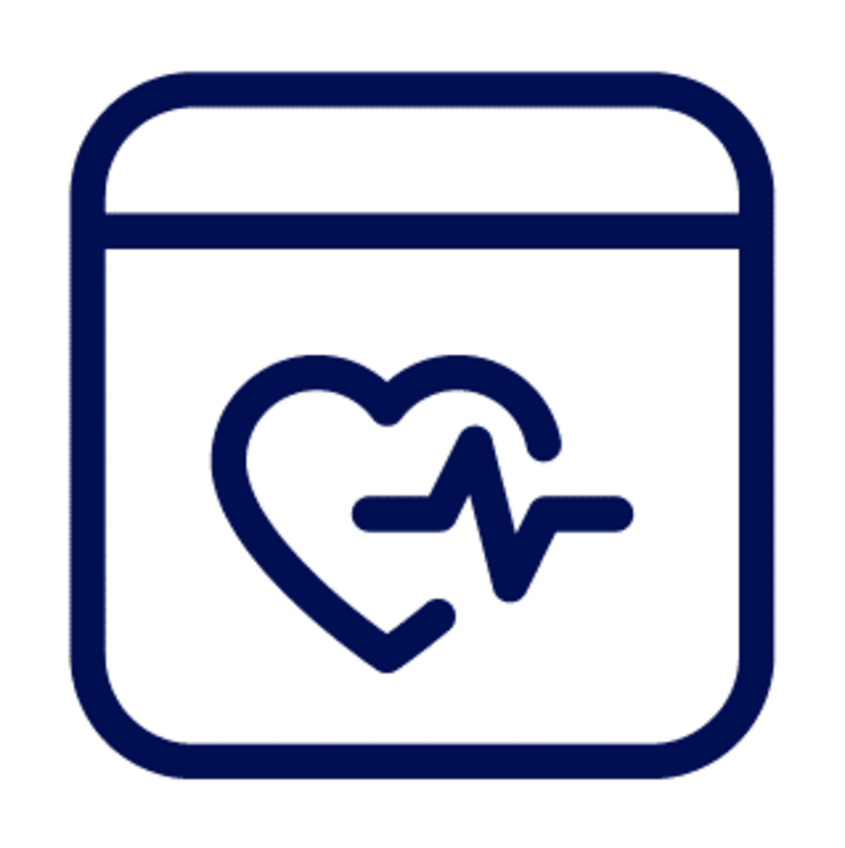With INA, you have the Interoperability Navigator at your fingertips to guide you through the diverse and complex topic of healthcare interoperability. Discover the Competence Centre for Interoperability in Healthcare, the Interop Council and the Interoperability Roadmap.
Interoperability Navigator INA
for digital medicine

The national knowledge platform

Digitalisation in the healthcare sector
The German healthcare system faces several challenges that need to be addressed in order to guarantee healthcare for all in the future. These include demographic change, the shortage of skilled labour and gaps in regional and public healthcare provision. The Covid-19 pandemic has further exacerbated these challenges.
Interoperability plays a crucial role in the further development of the healthcare system and overcoming the challenges, as it enables different systems and platforms to communicate seamlessly with each other and exchange data. This is particularly important to ensure that patients and healthcare professionals have access to relevant and consolidated health information, regardless of the source or provider of the application. Effective interoperability helps to improve the efficiency of the healthcare system, increase the quality of care and ultimately achieve better outcomes for patients.
Digitalisation in the form of digital health applications also has considerable potential to alleviate these problems. Telemedicine applications enable patients in rural or structurally weak areas to access diagnoses, therapies and other medical services. Digital health apps, also known as apps on prescription, and the electronic patient record (ePA) are solutions for the digitalisation of the medical process and decision-making aids for medical staff. The range of digital health applications is wide and is constantly expanding.